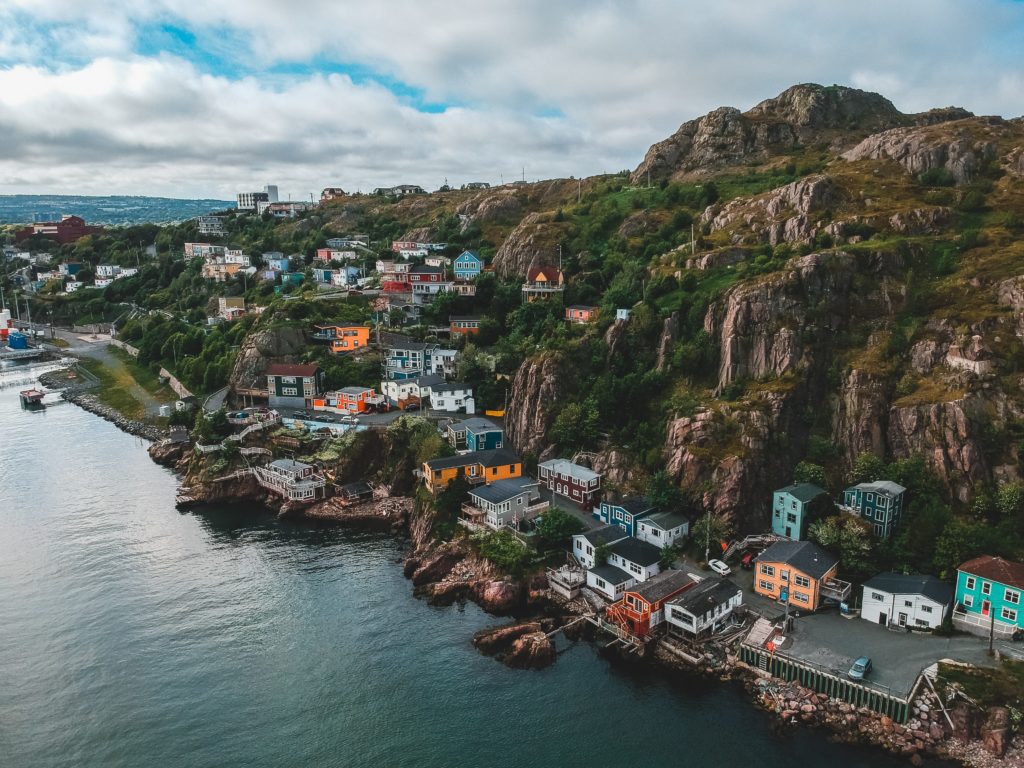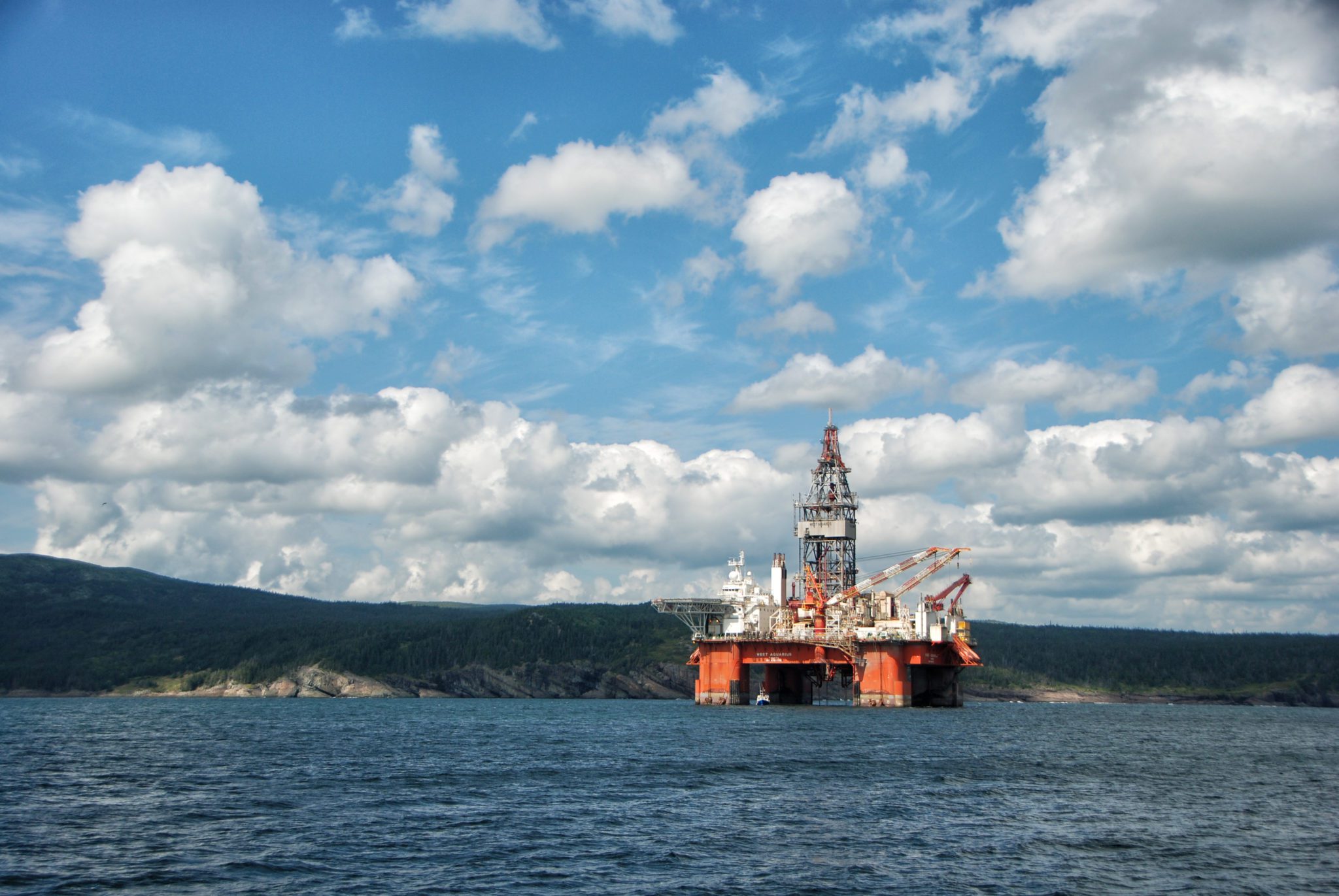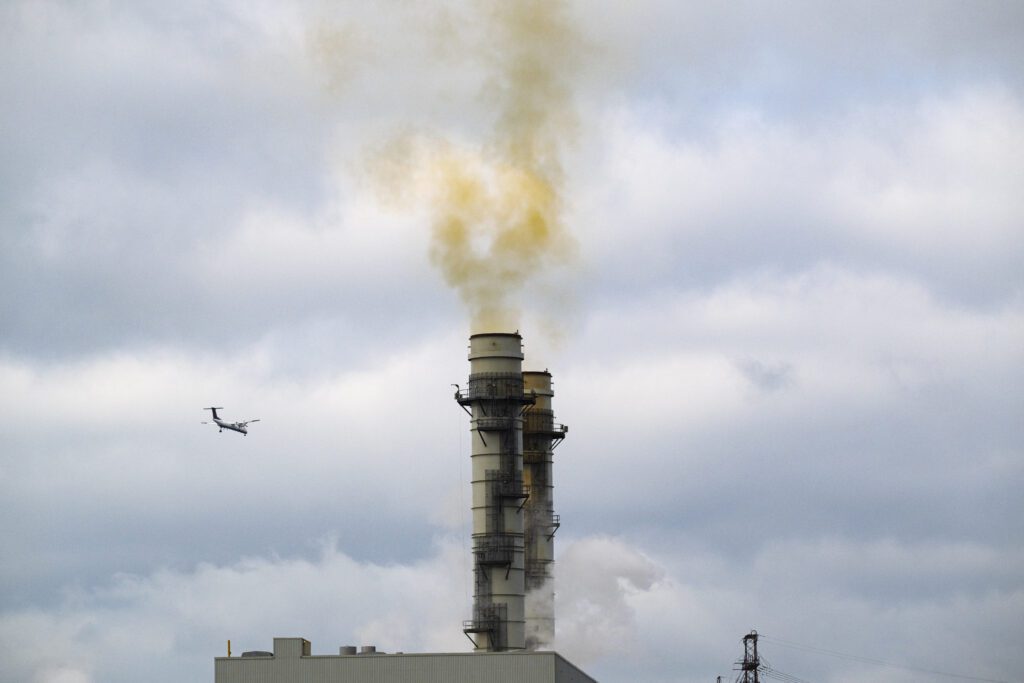A massive new oil drilling project 500 kms off the coast of Newfoundland and Labrador is set to become Minister Guilbeault’s first real credibility test. Norwegian company Equinor is vying for approval to drill the deepest oil production well in Canadian history: Bay du Nord.
During the last federal election, the majority of Canadians voted for increased action on climate change, not the greenlighting of new oil megaprojects. So will the government put the pocketbooks of a small number of corporate executives and shareholders ahead of people and the planet?
The decision is in the hands of Minister Guilbeault and the federal Cabinet, who have until March 6 to decide what to do.
A carbon bomb: 100 coal-fired power plants
Getting serious about a climate-safe future means we cannot approve any new oil projects.
When the Bay du Nord project was first submitted, the oil reserve was estimated to contain 300 million barrels. Now, with new research, that has ballooned to a possible one billion barrels. Digging up and burning 1 billion barrels would result in well over 400 MT of carbon pollution over the project’s 30 year lifetime. That’s the equivalent of running 100 coal-fired power plants for a year.
The climate can’t take the emissions from current levels of oil and gas production, let alone further expansion. The math is simple – we cannot develop these reserves of fossil fuels and meet global climate targets.
Deepwater risks
And then there are the serious safety risks. Equinor wants to drill 1,200 metres down to dig for oil off the coast of Newfoundland and Labrador. To date, all existing offshore oil production projects in Canada are shallow-water operations, occurring at depths of 100 metres or less. Bay du Nord would be Canada’s only deepwater project.
As we know from the Deepwater Horizon catastrophe in the Gulf of Mexico, deepwater drilling projects come with special and serious risks.
Because of Bay du Nord’s location, far offshore in an ecologically unique and rich environment near valuable fishing waters, the project also represents a threat to fisheries and ocean biodiversity – including whales, seabirds and deep-sea corals. According to Equinor’s own estimates, a blowout at the wellhead at Bay du Nord would take up to 36 days to cap – under ideal conditions.
A fair transition for Newfoundland and Labrador
The decision over whether to double down on the energy of the past or start investing in a fair transition for the people of Newfoundland and Labrador should be a no brainer.
Newfoundland and Labrador is currently reliant on oil. However, markets will continue to transition off of fossil fuels. As a result, oil production does not have a long term economic future. The only way to avoid an economic collapse and sudden, unsupported job loss – similar to that of the collapse of the cod fishery – is a gradual, fair, and supported transition for communities and workers in the province.

There are real opportunities to invest in renewable industries that can provide good jobs for people across the province. For example, the province has some of the highest wind energy potential in North America. Investments in energy efficiency would also address ballooning electricity rates and put people to work across the province.
The Bay du Nord project is a clear indicator for why Canada really needs a climate test that only allows projects to be approved if they are compatible with our climate targets. Establishing a climate test would create a framework for serious climate action. Until we have one, Canadians who care about the climate and a healthy future will need to continue fighting these projects one at a time.
In the meantime, the Government of Canada must reject Bay du Nord and instead invest in creating stable, long-term jobs in a resilient, low-carbon economy of the future for the people of Newfoundland and Labrador.
https://twitter.com/SierraClubCan/status/1494411449556418563








